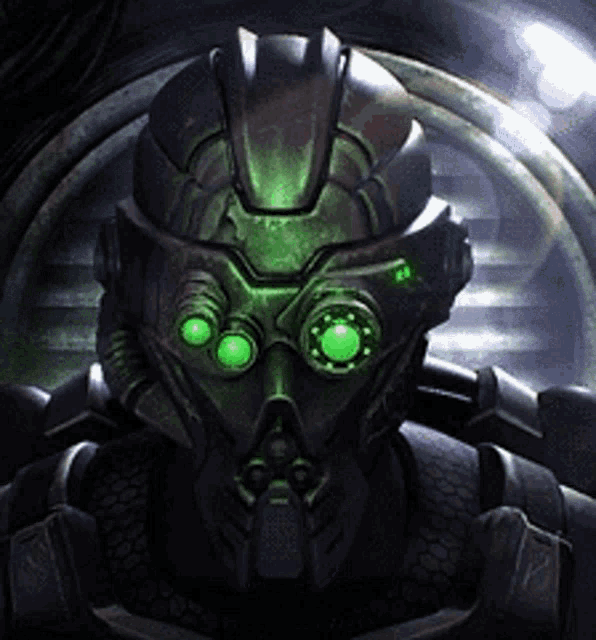haxxiy said:
HoloDust said:
Yeah, deep world-building requires a lot of thought, so lot of work and research, which all too often isn't the case and just gets hand-waived and replaced with modern thinking and sensibilities, thus inevitably loosing that so important aspect of almost every imaginary world, verisimilitude. |
I think that's a bit inevitable, to be honest. Get too alien and you start to lose readers/players etc. from a lack of relatability. How often have you seen proper period or setting-accurate religious sentiment being portrayed in historical or fictional works, for instance? Characters like Daenerys, Rand, Geralt, Frodo, etc. they all have typical 20th or 21st-century sensibilities. Even in settings where they seem to have less familiar mindsets, they're almost never at peace with themselves and their environment (like Brandon Sanderson's characters). |
Brandon Sanderson’s characters often see their own worlds and time spans through the lens of modern perspectives. Shallan is a good example of this, and Jasnah Kholin as well. HoloDust’s point is disingenuous: every piece of fiction is written through the historical perspective of its creator. You can't entirely remove your historical perceptions and sensibilities when writing. For instance, Frodo and Sam’s relationship differs between the books and movies, as they were created in different time periods. In the books, there's a clear master-servant relationship between the two, while in the movies their relationship is more equal in terms of social standing.
Similarly, the way stories depict women and social minorities will always mirror how contemporary society views those groups. One of the biggest indicators of this is how sex is portrayed in media. When society was predominantly Christian and opposed to nudity, stories tended to be less graphic. Over time, as people became less bothered by nudity, media simply adapted.
There are few historically accurate books and movies, and they tend to be niche. The Northman comes to mind, an excellent movie inspired by Norse legends, showcasing various Northern European cultures that are often (wrongly) clustered as vikings. Interestingly, many viking fans disliked the movie because deep down people don’t necessarily want historical accuracy: they want fiction and scapist fun.


























































